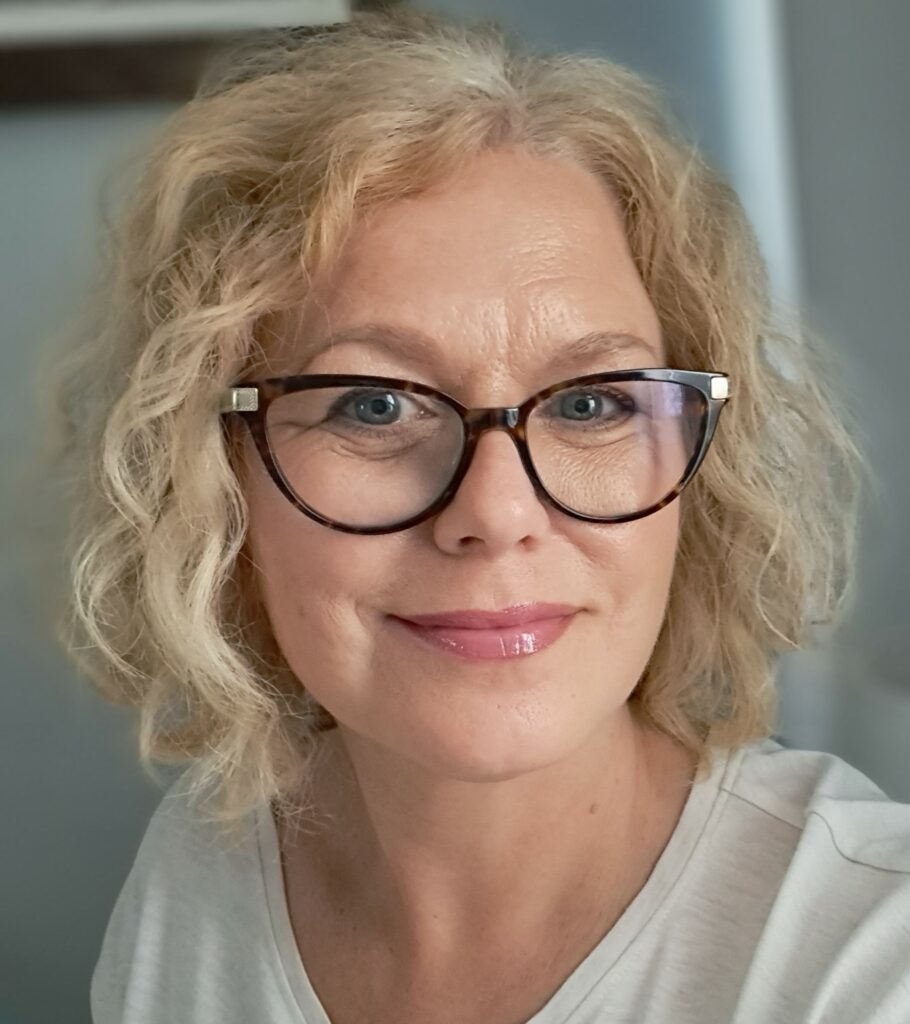Like every adult, a child has certain rights and freedoms. These are called human rights. Parents are obliged to prepare their child for adult life and protect them from all kinds of abuse and, in these difficult times when we are ruled by the Internet, also from the media.
We talk about microcelebrities and sharenting, i.e. the regular sharing of information about children by parents in social media with Dr Anna Brosch, whose research interests are indirect interactions of children and adolescents and the impact of media messages on their behaviour.
Violetta Kulik: Sharing information about children online is becoming a more and more frequent practice among parents. What is the phenomenon called sharenting?
Dr Anna Brosch: Social media such as Facebook, Twitter, Instagram or YouTube are constantly being flooded with an enormous volume of information about children, especially with pictures of children in various everyday situations, often very intimate, e.g. sitting naked on a potty. The term sharenting, coined from English words share and parenting, perfectly illustrates this kind of activity.
Violetta Kulik: How is it possible that parents violate their children’s privacy in such a thoughtless way?
Dr Anna Brosch: Perhaps this is a way for parents to celebrate their children’s lives, perhaps they are seeking support from other parents or want to boast about their parenthood, or maybe they just want to be popular. They forget, however, that in doing so they deprive the child of one of the most important rights – the right to be forgotten.
Violetta Kulik: And unfortunately the Internet never forgets…
Dr Anna Brosch: It is difficult to foresee the consequences of this for children in the future. That is why there is a growing interest in sharenting as a research subject among scientists from all over the world, although the knowledge about this phenomenon is still very poor. Initially, researchers focused on an attempt to define sharenting and determine the scale of the phenomenon; today they are trying to identify the causes, i.e. what prompts parents to make public information about their own children.
Violetta Kulik: What does your research reveal?
Dr Anna Brosch: The research shows that sharenting mostly affects small children. In many cases it occurs before the birth of a child, when a pregnant woman posts ultrasound pictures online. It is also surprising that parents publish information that ridicules or even humiliates their children, or post videos that depict a malicious play on children’s emotions.
Violetta Kulik: These children grow up convicted that sharing the details of one’s private life is a natural practice. One could suspect that when they become parents themselves in the future, they will be even more open and willing to self-disclose.
Dr Anna Brosch: Children are treated as microcelebrities. Whether they will be more willing to self-disclose is subject to long-term research, because social reality, especially embedded in virtual space, is changing very dynamically.
Violetta Kulik: Thank you very much for the interview.

dr Anna Brosch





